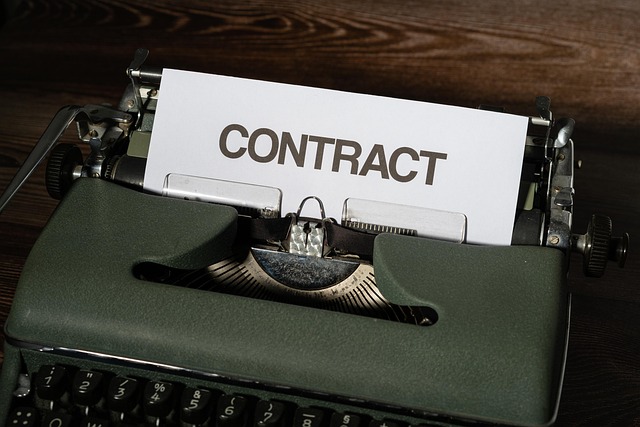Contingent offers in real estate set clear expectations for buyers and sellers, with conditions like financing and inspections. Thorough property evaluations include maintenance records, structural checks, system assessments, and exterior inspection. Due diligence involves risk assessment, market analysis, and expert opinions to mitigate contingencies and inform investment strategies in a competitive real estate market.
In the dynamic world of real estate, understanding contingent offers and meticulous inspection requests are pivotal for a successful transaction. This article guides you through the intricacies of these processes, offering insights on evaluating risks and due diligence. Learn how to navigate the complexities of contingent offers, identify critical inspection points, and mitigate potential challenges. By following best practices, you can ensure a smoother journey towards securing your dream property or selling at the best possible terms.
Understand Contingent Offers in Real Estate

In real estate, contingent offers are a common practice where buyers present an offer on a property with the understanding that it’s subject to certain conditions being met. These contingencies could include anything from securing financing to passing a home inspection. Understanding these offers is crucial for both buyers and sellers as it sets clear expectations early in the negotiation process. For instance, a buyer might make an offer on a dream home but with the caveat that they require a professional appraisal to confirm the property’s value.
Knowing the specific contingencies allows buyers and their agents to prepare accordingly, ensuring they have the necessary resources or can walk away if conditions aren’t met. Sellers too benefit as they gain insight into potential buyers’ financial strength and commitment, helping them make informed decisions. This transparency is vital in a competitive real estate market where every offer has its own unique set of qualifications and restrictions.
Inspecting Properties: Key Requests to Consider

When inspecting properties in the real estate sector, several key requests should be at the forefront of your assessment process. Firstly, review any historical maintenance records to understand the property’s upkeep history. This can reveal potential recurring issues or areas that require special attention. Secondly, conduct a thorough examination of structural elements like foundations, roofs, and walls for signs of damage, wear, or instability.
Additionally, assess the functionality of critical systems such as plumbing, electrical wiring, HVAC (Heating, Ventilation, and Air Conditioning), and appliances. Ensure these are up-to-date, well-maintained, and compliant with safety standards. Check for any signs of water damage, mold, or pest infestations, as these can significantly impact a property’s value and habitability. Lastly, evaluate the overall condition of exterior features like driveways, fencing, and landscaping, which contribute to the property’s curb appeal and potential resale value.
Evaluating Risks: Essential Due Diligence

Evaluating risks is a crucial part of due diligence in real estate transactions. Before proceeding with any deal, thoroughly assess potential contingencies and inspection requests. This process involves identifying and understanding the various risks associated with the property, such as structural issues, environmental concerns, or legal disputes. By conducting comprehensive research and seeking expert opinions, investors and buyers can make informed decisions.
For instance, when considering a commercial real estate investment, it’s essential to evaluate rental market trends, tenant creditworthiness, and potential vacancy rates. Similarly, for residential properties, inspecting the property for plumbing, electrical, or HVAC issues is vital. Careful evaluation of these factors enables individuals to mitigate risks, negotiate terms effectively, and ensure a sound investment strategy in the competitive real estate market.






